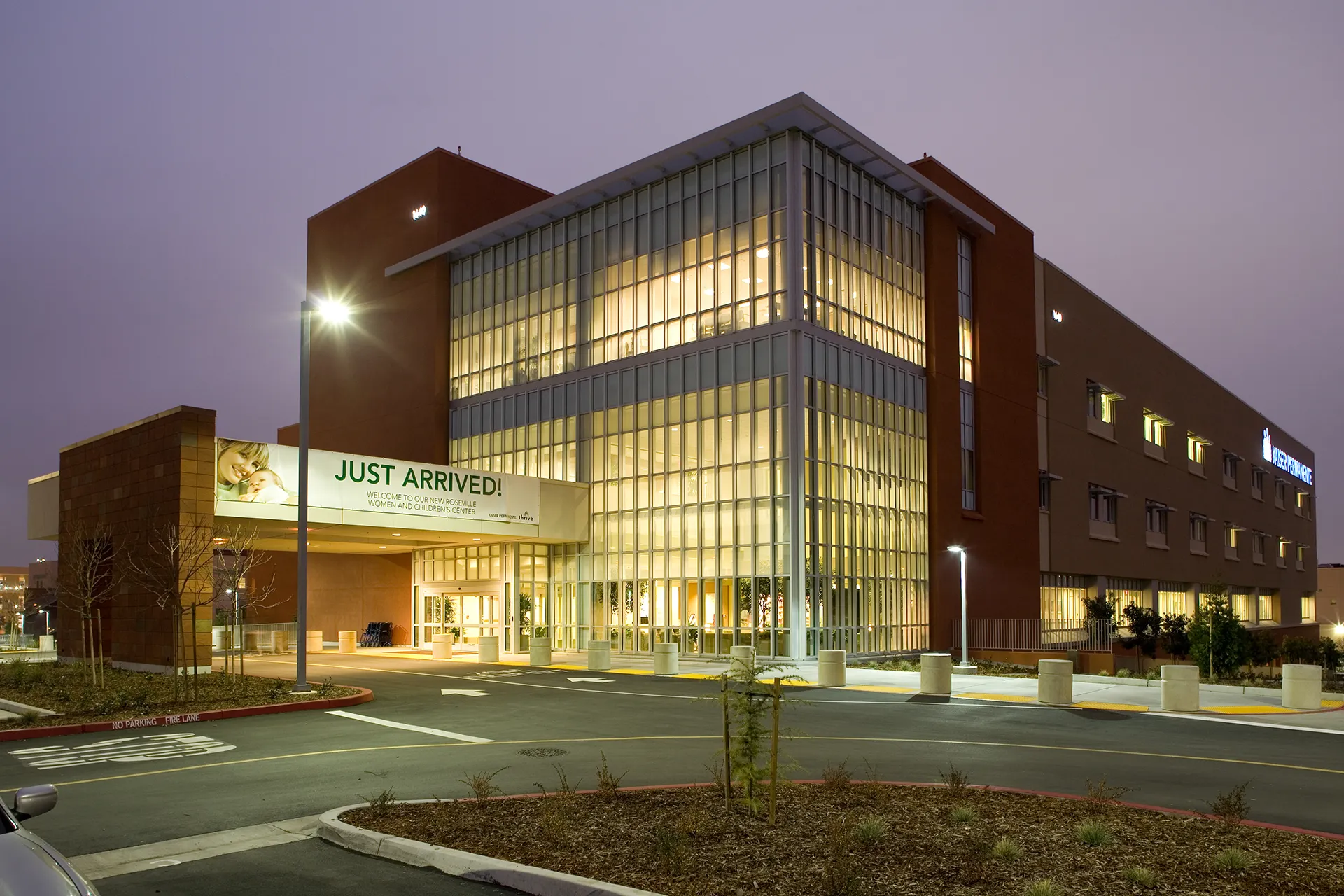Pre-Master’s Mental Health Internship – Roseville

The city of Roseville is firmly rooted in the Northern Sacramento Valley and was named for the wild roses that grow in the area. It is the most populous city in Placer County with over 140,000 residents and lies 16 miles northeast of Sacramento. Roseville’s scenic natural areas, extensive park system and bike trails, excellent schools and job opportunities attract individuals, families and retirees to the area. Within an hour’s drive there are Gold Rush towns to explore, water sports in nearby lakes and rivers, and skiing in the Sierra Nevada Mountains. Given its proximity to Sacramento, Roseville offers easy access to a large city, while still providing the best of suburban living, including renowned dining, arts, and retail shopping. Roseville is an easy day trip to the coast, San Francisco, Napa, Lake Tahoe or Sonoma County. The cost of living is moderate compared to other California communities and more affordable than the SF Bay Area.
Kaiser Permanente has three medical centers and 10 medical offices in the four-county greater Sacramento region. The Kaiser Roseville service area includes the hospital center on Eureka Road and outpatient facilities in Roseville, Folsom and Lincoln. Approximately 365,000 KP health plan members receive care in this service area. The Roseville Psychiatry Department serves a range of patients, with a variety of clinical presentations.
Program Curriculum
Equity, Inclusion & Diversity
Justice, Equity, Diversity, and Inclusion (JEDI) are vital parts of training in North Valley. We have a diverse staff, which is reflected in our diverse supervision team. In addition to regional didactics, here are some of the local JEDI trainings we offer:
- Cultural Humility and Unconscious/Implicit Bias
- Transgender and non-gender conforming population
- Culturally Responsive Care: Integration of an Anti-Oppressive Framework
- ADDRESSING/Intersectional approach
- IPV in Communities of Color/South Asian Community
- Muslim American Populations in Behavioral Health Settings
- Black Men’s Experience of Police Harassment
Furthermore, Journal Club is specifically focused on JEDI issues and research. Trainees are also invited to join the local JEDI improvement planning group for the North Valley.
Didactic Training
Interns will attend didactic seminars within their clinics and have opportunity to attend regional seminars organized by Mental Health Training Programs as their schedules permit. Didactics will cover a range of clinical and professional development topics as well as explore culturally responsive care. Interns will have access to both live and asynchronous exposure to various speakers and topics which are designed to meet their developmental needs over the course of the training year.
Seminars and Meetings
Meetings and seminars are aimed at supporting professional developmental and clinical growth. Pre-Masters Interns can expect to attend the following meetings.
- Weekly Huddle: 15-minute meeting with training director to review and prepare for the day.
- All Staff Meeting: Monthly meeting with department staff. Focus is on operations and announcements.
- Journal Club: Weekly meeting to review research. Research articles are selected by the trainee. Twice a month the research article is focused on Justice Equity Diversity and Inclusion topic.
- Trainee Hike (optional): At the start and end of the training year we take hike in the Auburn Forest to reflect on the training year and connect as cohort.
- Mentorship: Pre-masters interns are offered the opportunity to be a mentee through our regional mentorship program.
- Licensure preparation: Interns are provided 1 hour per week to prepare for licensure.
Supervision
All interns are supervised by licensed mental health professionals who are responsible for overseeing the direct delivery of clinical services. The supervisor takes a role in developing the intern’s learning plan, monitoring their progress, and evaluating their training schedule. The supervisor is also responsible for completing the intern’s evaluation.
Interns will receive a minimum of one hour of individual supervision a week. Two hours of individual supervision will be provided for every 20 hours of service provision at minimum. Interns will also receive at least one hour of group supervision per week which may include case consultation, and topics related to professional development, interdisciplinary communication and systems issues, and multicultural competence and diversity awareness.
Tracks and Rotations
Adult Outpatient Clinic
Pre-Master’s Interns in the Adult or Child Outpatient Clinic can expect to work with a range of presenting disorders, including behavior and relational problems, depression, anxiety, psychosis, psychosomatic concerns, trauma, personality disorder and more. Treatment in the North Valley is grounded in evidence-based practices, such as CBT, ACT, DBT, among others.
On average, Pre-Master’s Interns are expected to see 8-12 patients per week. Caseload size will vary depending on the number of new patients seen, groups run, cadence at which patients are scheduled, and the interns school requirements. Pre-Master’s Interns are also expected to co-lead therapy groups and assist in the teaching of psychoeducational classes.
Schedule
A sample schedule may include:
- Direct Patient Care: 10-12 hours depending on school contract.
- Non-Patient Care: 4-6 hours
- Individual Supervision: 1 hours
- Group Supervision: 2 hours
- Journal Club: 1 hour
- Didactic Training: 2 hours
- Meetings/other: 1 hour
* Please note that trainees will work 3 days remotely. This is subject to change.
Program Graduates
2022 Cohort
| Graduate | University/Institute | Track/Specialty Rotation | Current Position, Specialty & Location |
|---|---|---|---|
| Irene Romo | University of San Francisco | Child Outpatient, Sacramento, CA | ADHD Assessments & Groups |
2021 Cohort
| Graduate | University/Institute | Track/Specialty Rotation | Current Position, Specialty & Location |
|---|---|---|---|
| Eliza Garbutt | California State University, Sacramento | Adult Outpatient, Roseville, CA | Social Worker, Adult Outpatient, Kaiser Permanente Roseville |
| Felicia Huddleston | University of California Berkeley | Adult Outpatient, Roseville, CA | Associate Social Worker, Private Organization |
2020 Cohort
| Graduate | University/Institute | Track/Specialty Rotation | Current Position, Specialty & Location |
|---|---|---|---|
| Scarlett Arnold | California State University, Sacramento | Adult Outpatient, Roseville, CA | Social Worker, Adult Intake, Kaiser Permanente Folsom |
